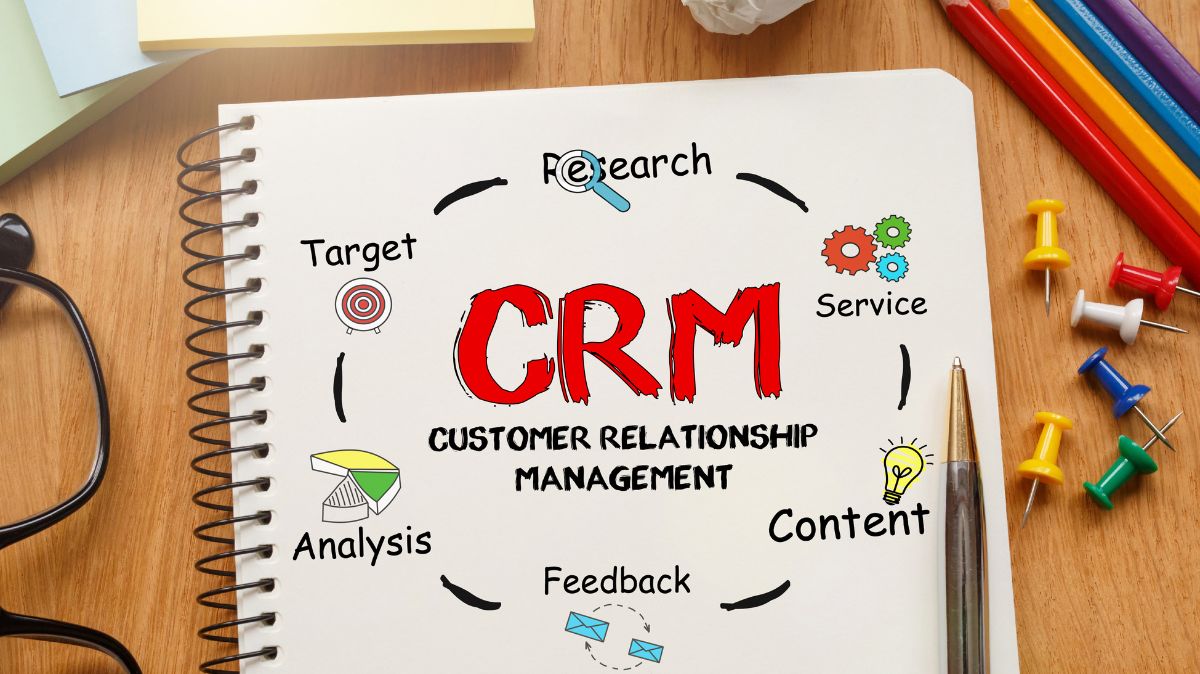CRM software, abbreviated for Customer Relationship Management, has evolved into a vital component of contemporary business operations. This article aims to delve into the frequently asked questions (FAQs) surrounding CRM software, offering valuable insights into its functionalities, implementation, and potential challenges.
What is CRM Software?
Grasping the fundamentals is essential. CRM software is crafted to oversee and scrutinize customer interactions across the entire customer lifecycle. Its purpose is to assist businesses in enhancing relationships with their existing customers while optimizing processes associated with customer service, sales, and marketing.
What to consider with CRM software
The focal point of each CRM software solution varies from project management tools to marketing automation and lead generation. Thus, seek specifications that align with your requirements.
CRM software endows you with instruments conducive to securing new business. These encompass automated workflows, email templates, campaigns, and performance reporting.
In aiding your decision-making process, we shall address some of the most commonly posed inquiries regarding CRM software.
Commencing with the fundamentals: CRM facilitates the management of relationships with business prospects, facilitates deal closures, and enhances the efficiency of internal resources. In practical terms, it empowers you to:
Catalog information about your contacts, encompassing names, job titles, emails, and phone numbers. Allocate and monitor workflow tasks to sales teams, such as dispatching follow-up emails, formulating business proposals, and overseeing invoices.
Scrutinize and refine the efficacy of sales and marketing endeavors by generating bespoke reports, prognosticating future revenue, and foreseeing potential sales impediments. salesforce dashboard
Devoid of a CRM solution, substantial manual efforts would be imperative for storing, tracking, and engaging with contacts. The sales pipeline would operate at a more languid pace in the absence of automation or reminders.
Numerous CRM solutions seamlessly integrate with various software, including Microsoft 365, Google Workspace, Slack, Mailchimp, and business intelligence programs like Microsoft Power BI.
The process of populating your CRM database with customer data from external sources tends to be smooth; most providers permit imports from spreadsheets or contact applications such as Google Contacts.
The Best CRM Software Compared
| CRM software | Score | Lowest monthly fee | Free version | Key features | Support |
|---|---|---|---|---|---|
| Salesforce | 5 | $25 per user | 30-day free trial | Sophisticated workflow automation; Enterprise app development | Email ticketing and toll-free phone |
| Workbooks | 5 | $34 per user | Free plan; 30-day free trial | Coaching program, supportive onboarding | Email, phone, knowledge base |
| HubSpot | 4.5 | $45 per two users | Free plan; 14-day free trial | Combined sales and marketing workflow; Website usage analytics | Live chat, phone, and online meeting support |
| Freshsales | 4.5 | $15 per user | Free plan; 21-day free trial | Deal management AI; In-built calling tool | Phone and email support, Mon–Fri |
| Apptivo | 4.5 | $10 per user | Free starter plan | Unique bundled series of apps; customizable and scaleable | 24/7 support via email and live chat; live phone support on weekdays. |
| Zoho CRM | 4 | $14 per user | Free plan; 15-day free trial | Lead generation through website scraping; Deal management AI | Email support, Mon–Fri |
| Keap | 4 | $40 first user then $30 per user | 14-day free trial | Unlimited email marketing | Online chat, phone, community |
| Insightly | 4 | $29 per user | Free plan; Two-week trial | Database and workflow customization; Powerful reporting integrations | Email support only; Premium phone and training support costs $1500/ year |
| Bitrix24 | 4 | $39 per month | Free plan | Comprehensive commnuications platform; website builder | Live chat; knowledge base |
| Monday.com | 4 | $8 a seat per month | Free for individuals | Visual project management; accessible system | Knowledge base; live chat, email, call |
| Pipedrive | 3 | $14.50 per user per month | 14-day free trial | User friendly; easy-to-use for small businesses | 24/7 email and chat |
How much does the best CRM software cost?
CRM software typically adopts a pricing structure in the form of a monthly or annual subscription, featuring plans that differ in the complexity of their offerings. Generally, the quoted price is on a per-user basis, unless explicitly specified otherwise.
Numerous providers present unrestricted free tiers, while the functionality of paid plans progresses from Starter to Professional and, ultimately, to Enterprise. Additional features may sometimes incur extra charges, such as phone credits, premium support, or access to automated marketing tools.
The initial paid tier in CRM software, well-suited for small businesses, usually falls within the range of $8 to $29 per user per month, billed annually.
Mid-tier plans cater to expanding businesses and are priced between $20 to $75 per month. As an illustrative example, Zoho CRM provides a robust set of features in its reasonably priced $23 monthly Professional plan.
Lastly, the Enterprise tiers tend to be on the higher end of the cost spectrum, offering customization options and elevated support levels. The pricing for these tiers typically ranges from $40 to $150 per month, with HubSpot’s comprehensive CRM suite reaching an impressive $4,000 per month.
